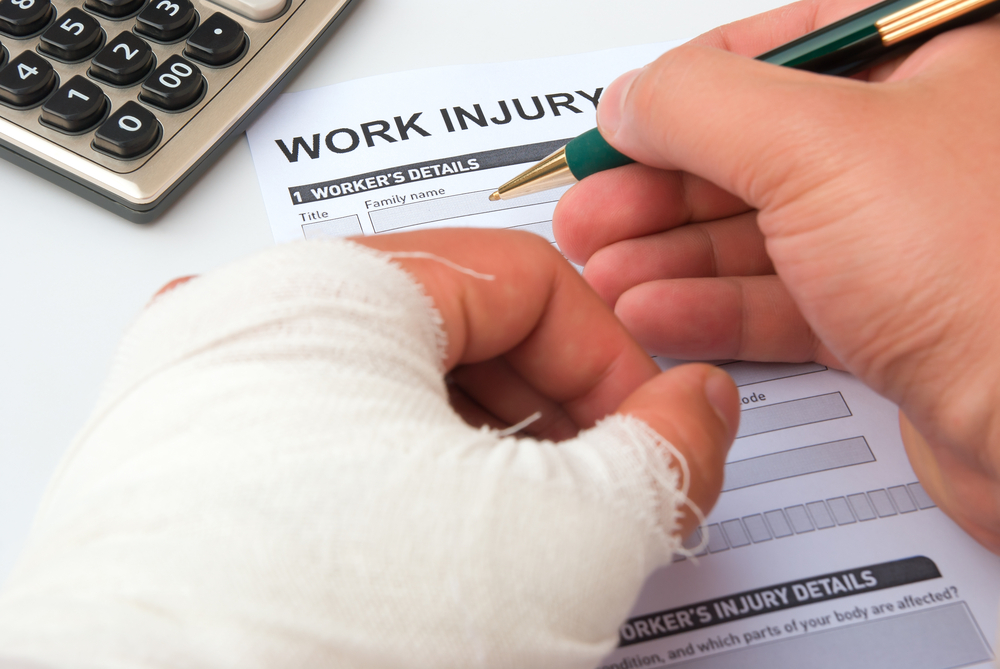Despite most businesses complying with workplace safety requirements, the number of recorded on the job injuries is still very high. And while majority of workers are now cognizant with workers’ compensation laws and procedures, many of them still don’t know how, where and when to file claims when injured at their jobs.
If you work in Florida, there are several things you need to know about the state’s Workers’ Compensation laws and claim filing procedures. These are discussed in detail below.
Get Back to Work If You Can
If you are able to treat your injuries such that resuming your normal work operations won’t affect your health, consider getting back to work as soon as possible. If the fallout from your injury puts you off returning to your old job, try to look for another job as soon as you’re cleared by your doctor.
Both options should not affect the outcome of your compensation suit. In fact, staying employed even as your claims are processed ensures your financial security as Workers’ Compensation will only cover part of your projected income. For instance, if your injuries leave you temporarily disabled (determined by your doctor), you will at the very best be entitled to two-thirds of your average monthly salary for up to 104 months.
Your bills and financial obligations probably won’t reduce though, which explains why it’s advisable to keep working even when recovering. Nonetheless, if you are totally not able to work anymore, consider claiming Social Security Disability benefits instead of Workers’ Comp.
Keep Everything Touching On Your Injury in Writing
In a moral and ethical utopia, Workers’ Compensation lawsuits wouldn’t be as contentious. As it is, however, most employers will always try every trick to avoid paying. As such, you need to keep meticulous records of any transactions you make in regards to your health, starting from the date of injury.
In particular, maintain a record of every payment you receive from your employer (as compensation) with key emphasis on the dates and amounts involved. Additionally, gather and store records of all the doctor’s visits you make and their subsequent diagnosis and prescriptions, and most importantly, the various costs of treatment. If possible, have your doctor describe the extent of injuries and the amount of pain you experience before, during and after treatment.
Talk To An Attorney
In case you decide to proceed with your personal injury claim, consider hiring a workers’ comp attorney to represent you in court, and further take care of all the involved paperwork. As your legal representative, your attorney will technically be your best friend, so remember to keep them involved in every step you make. Let them know, for instance, when your doctor clears you to return to work, and whether the prescribed treatments are working.
It is also advisable that you communicate with your employer or their representatives only in the presence of your attorney. Keeping your attorney well informed helps them build a strong case and consequently boosts your chances of success.
Need Help With Workers’ Compensation Claims?
Whether you work a ‘risky’ job at a warehouse/factory or in the medical field, or have a regular 9-5 in an office, getting hurt in the course of work is always a possibility. And if you do get an injury, you deserve full compensation from your employer. Contact us today and one of our seasoned workers’ compensation attorneys in Orlando will take up your case and fight for your dues.








